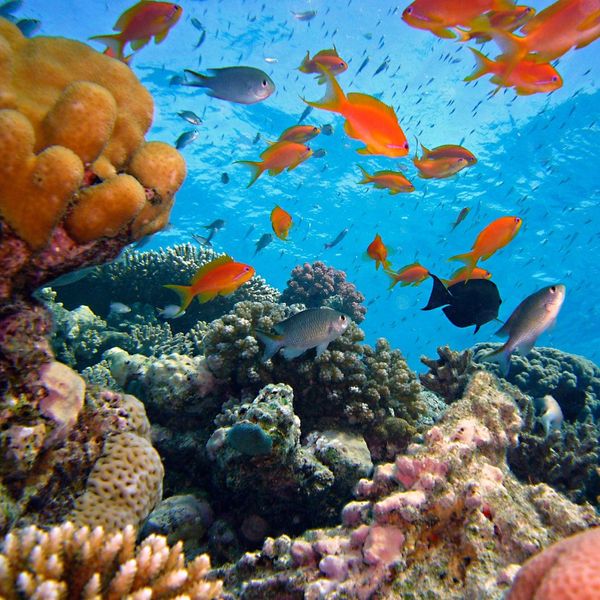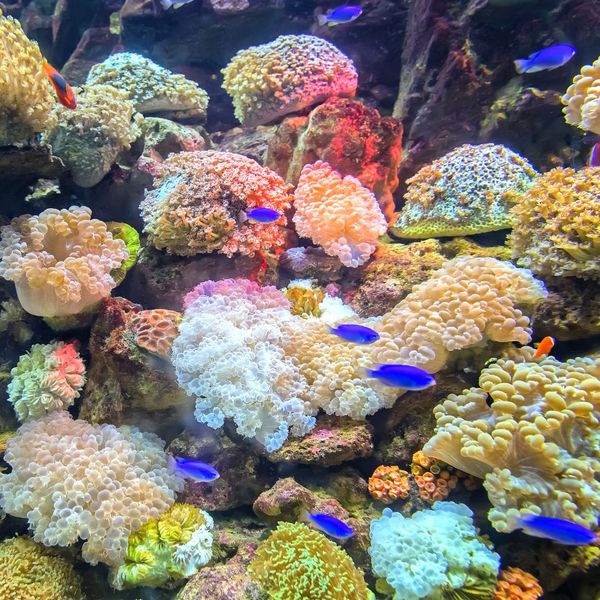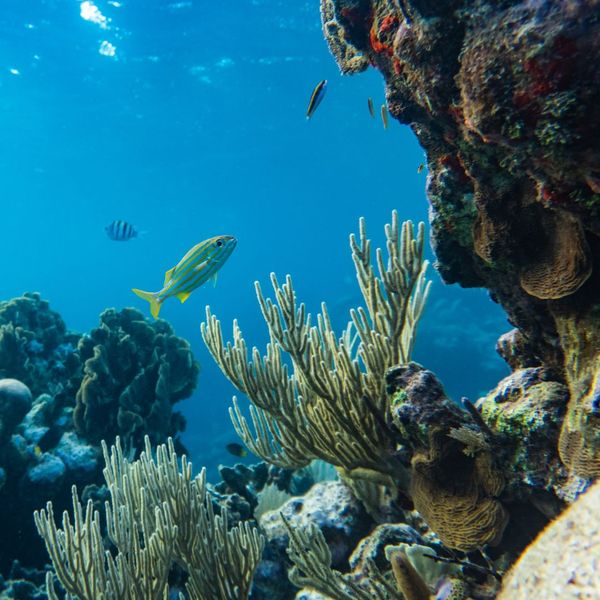Bipolar WINTER, Volume II (expected publication November 2022) reminds us that we live in a time in history when man has created and weaponized many different technologies capable of destroying life on a global scale – among them are drones, robots, nanotechnology, lasers, radiation, computer viruses, HAARP (High-Frequency Active Auroral Research Program – a geophysical weapon of mass destruction), biological and chemical agents, EMPs, and nuclear weapons.
The Bipolar WINTER project challenges its audience to consider the threat of power held by leaders of one of the world’s wealthiest and most influential religious organizations – and rogue followers determined to ensure the fulfillment of that church’s founding prophecies. If a group such as the Branch Davidians is willing to let its followers die, then religious and political leaders worldwide must wake up and begin questioning everything. Does a hidden hand within a wealthy global church – one that teaches the world will soon be destroyed before and during the Second Coming of Jesus – have the ability to use these new technologies capable of global destruction to self-fulfill its own prophecies?
Bipolar WINTER, Volume II explores the idea that the Seventh-day Adventist church believes seven last plagues have begun to be poured out on the earth – and according to the church’s teachings this must happen before the end of the world. The first plague is a pandemic of sores, and the second plague is the poisoning of the world’s oceans, culminating in the death of all marine life. Many believe the second plague begins with the death of the oceans as a result of damage to coral reefs.



